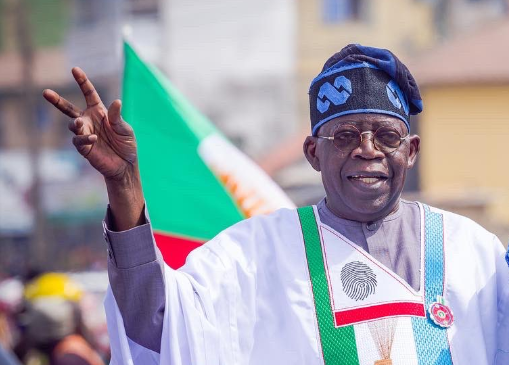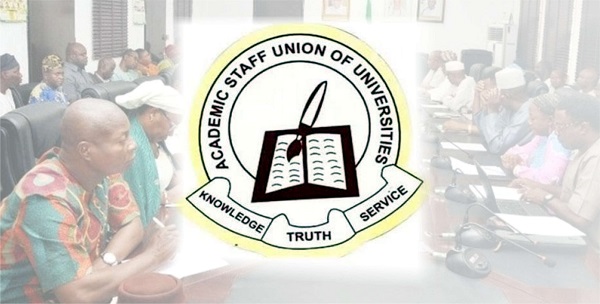by Stanley Azuakola
In line with tradition, another committee, this time a ministerial committee, has been constituted by President Jonathan to produce a white paper on the report of the Presidential Committee on the Re-organization of the Nigeria Police Force.
On Tuesday, the Parry Osayandeled committee submitted its report to the president. Among other things, it recommended that the Ministry of Police Affairs be scrapped as it represented a drain on the resources of the country. The committee was of the opinion that the inspector general of Police should be given full fiscal responsibility for the Nigeria Police Force.
The “white paper” committee set up by President Jonathan would be chaired by the attorney general of the Federation, Mohammed Bello Adoke.
The minister of Police Affairs, Navy Captain Caleb Olubolade (retd.), who stands to lose if the recommendation of the committee is accepted, was also included in the committee.
“This committee will look at this report and advise the government accordingly and I think it is nice to wait for the outcome of that,” Olubolade said during a press briefing.
However, if his other comments during the press briefing are anything to go by, then it is already clear that the minister is unimpressed by the recommendations in the Osayande report. The minister believes that the Osayande panel crossed the line by dabbling in areas that did not concern it. He called the report a “derailment.”
In the minister’s view, the committee further erred by placing its recommendations in the public domain without first waiting for the final white paper.
“Somehow it got into the limelight that this issue of scrapping the ministry of Police Affairs — became an issue. But the assignment given to that panel was to look at how the police can be professionalised and reorganised,” Olubolade said.
He drew similarities between the Police Force and other branches of the armed forces, saying that just as the minister of Defence is the political head of the Ministry of Defence, and all budgetary provisions for the Army, Navy and Air Force pass through him, so it is with the Ministry of Police Affairs.
He said:
“I want to say categorically that it is very easy to look at the situation on ground. We have a Ministry of Defence. The Ministry of Defence exists comprising the Army, Navy and Air Force. They all report to the minister of Defence. All their budgetary provisions go through that line and the political head for them is the minister of Defence. So also is the Ministry of Police Affairs.
“But the issue is that the assignment given is to look at how the police can be reorganised. The aspect of finance can come in any other form but the assignment is to look at how the police can become more professional.
“There are budgetary provisions for the police. There is a regular budget and reform budget. Those are the two budgetary provisions for the police. The police, on their own, award contracts and the ministry approves payment and in such a manner, they are all involved.
“The police are involved in their own budgetary dispensation. The ministry does not award contracts on behalf of the police except in capital budgets.
“All operational provisions are managed by the police and so without prejudice to the report that has been submitted, the committee will look at it and bring out a White Paper,” he explained.
Apart from Mohammed Adoke and Caleb Olubolade, other members of the committee include the minister of Niger Delta, Elder Godsday Orubebe and minister of State for the Federal Capital Territory (FCT), Chief (Mrs) Jumoke Akinjide.
You all have been served.














Committee will one day recommend †ђξ parliamentary system of Government where †ђξ president may come ƒ̲̅я̩̥̊M̶̲̥̅ †ђξ south and †ђξ prime minister ƒ̲̅я̩̥̊M̶̲̥̅ †ђξ north.